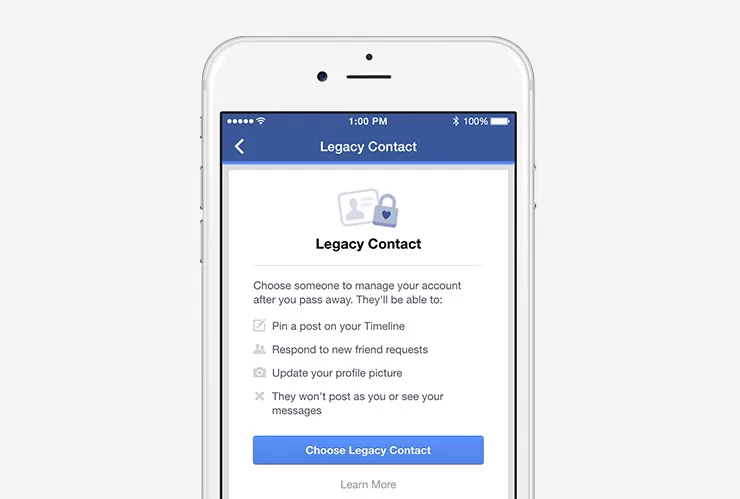By Lisa Bensoussan,
In the vast expanse of our digital age, our lives are chronicled with fervent detail, from heartfelt emails to treasured photographs, and the occasional online rant. The internet, with its promise of immortality, raises a poignant question: What becomes of our digital life when our physical one ceases? It’s an exploration of two intertwined concepts: digital legacy and posthumous privacy.
When we talk about digital legacy, we’re delving into the vast web of digital footprints left behind after one’s demise. This footprint isn’t just the memorable posts on social media or blogs but the myriad of private chats, online financial portfolios, and ever-growing digital assets such as cryptocurrency. Just as our tangible assets bear emotional and monetary value, so do these digital fragments. However, the intangible nature of the digital realm makes it a labyrinth, one where treasures can easily become lost, misused, or even exploited.
Unlike the tangible legacy of the past, where family antiques and letters were passed down or stored in attic boxes, the digital world presents unique challenges. Many online platforms, while champions of user privacy, become fortresses that even grieving families find hard to penetrate. For instance, Facebook’s option to memorialize an account is a well-meaning feature, yet it’s but one platform among countless others with varying policies on posthumous access.

Furthermore, the idle digital accounts of the deceased can become alluring targets for cybercriminals. An inactive email or social media account is a gold mine for those seeking to commit identity theft or other malicious activities. These dormant accounts, if left unchecked, can lead to both financial and emotional repercussions. Indeed, the American Association of Retired Persons estimates that 800,000 people are targets of post-mortem identity theft each year. Imagine the shock and trauma of a loved one receiving an email from the account of a person long passed away or a cyber thief making purchases under their name. That is why ‘an executor accessing (the deceased’s) account with these details could be committing a criminal offense under the Computer Misuse Act 1990’.
Yet, the heart of the matter isn’t just protecting these accounts from misuse; it’s about the fundamental right to posthumous privacy. In life, we fiercely guard our private correspondences and sensitive information. Why should death diminish this right? If exposed, our emails, chats, and private media can be taken out of context, leading to unwarranted speculations or misconstrued narratives about the deceased. This is about more than just reputation; it’s about preserving the dignity and memory of a person as they intended. According to the Universal Declaration of Human Rights, dignity survives after death, including digital death.
Additionally, the burgeoning realm of digital finance, especially in the form of online banking and cryptocurrency, demands stringent posthumous safeguards. Unprotected, these assets might be lost in the digital abyss or fall into the wrong hands, depriving rightful heirs of their inheritance.
A solution slowly emerging from this conundrum is the concept of a digital will. It’s not merely an inventory of online accounts and passwords but a comprehensive directive detailing the management of one’s digital presence posthumously. Here, individuals don’t just list assets but provide guidance on their desired course of action, be it the deletion, transfer, or memorialization of digital entities. Just as one designates executors for physical estates, a trusted individual is chosen to oversee the digital realm, ensuring that wishes are implemented with care and respect
The journey into understanding and managing one’s digital legacy is still in its early days. Legal frameworks worldwide are grappling to keep pace with the rapid digital evolution. Yet, it’s essential to recognize and address the issue now. As we further entwine our lives with the digital realm, taking proactive measures to protect and define our digital afterlife becomes not just a choice but a responsibility. It offers peace of mind to the individual and provides clarity and solace to the grieving ones left behind, honoring memories in the age of pixels and bytes.
References
- What is a digital legacy, Digital Legacy Association. Available here
- Ghosting the Afterlife: Fake Digital Identities, Digital Legacy Services. Available here
- What Is a Digital Will, FindLaw. Available here




